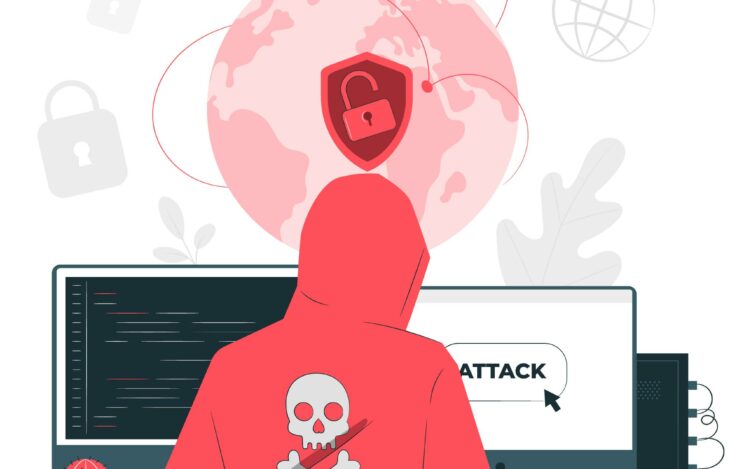Why Your Backup Server is a Hacker’s First Target
March 11, 2023

March 11, 2023
Why Your Backup Server is a Hacker’s First Target
As technology continues to evolve, the threat of cyber-attacks has become more prevalent than ever before. Hackers are constantly looking for ways to infiltrate businesses and steal valuable data. One of the most vulnerable areas in any organization’s infrastructure is their backup server.
What is a Backup Server?
A backup server is a device or system that stores copies of important data and files from an organization’s servers, databases, and other critical systems. The purpose of having a backup server is to ensure that in the event of a disaster such as a hardware failure or cyber-attack, the organization can quickly recover its data and resume operations.
Why Are Backup Servers So Vulnerable?
Hackers target backup servers because they know that they contain sensitive information that is essential to an organization’s operations. If they can gain access to this information, they can use it for their own purposes or sell it on the dark web for profit. Backup servers are also vulnerable because they are often overlooked when it comes to security measures. Organizations tend to focus more on securing their primary servers and networks, leaving their backup servers less protected. Additionally, many organizations do not have proper backups in place or fail to test them regularly – thus making them even more susceptible to breaches & attacks.
How Do Hackers Gain Access?
There are several ways that hackers can gain access to backup servers:
1. Exploiting vulnerabilities: Hackers can exploit vulnerabilities in software or
hardware used by the backup server system itself. This could include outdated
operating systems or unpatched software.
2. Phishing attacks: Hackers may send phishing emails with malicious links or
attachments that install malware onto the user’s computer – giving them
remote access into the network via which backups may be stored.
3. Brute force attacks: Hackers use automated tools that try different
combinations of usernames and passwords until they find one that works –
allowing them access into the system as an authorized user.
4. Social engineering: Hackers may attempt to trick employees into giving them
access by posing as IT staff or other trusted individuals within the organization
through tactics like pretexting (e.g., pretending to be someone else over
phone/email).
How Can You Protect Your Current Backup Server?
To protect your backup server from being targeted by hackers, there are several things you can do:
1. Implement strong passwords: Use complex passwords consisting of letters,
numbers, and symbols – requiring periodic changes & enforce two-factor
authentication, if possible, across all users who have authorized access.
2. Regularly update your software: Keep your operating systems and software up
to date with patches & security updates released by vendors– this reduces
potential vulnerabilities available for exploitation by attackers.
3. Conduct regular backups: Ensure regular backups are taken & tested
periodically so your business continuity plan remains effective should you need it
due any kind of disaster recovery scenario.
4. Train Employees: Educate employees about how hackers operate and provide
training on how to identify phishing attempts & social engineering tactics used
against organizations.
In conclusion, protecting your backup server from cyber-attacks should be a top priority for any organization looking to safeguard their valuable data assets & maintain business continuity during times of crisis. By adopting best practices such as implementing strong passwords, regularly updating software, conducting regular backups, and training employees on identifying potentially harmful activity online – companies can reduce their risk exposure significantly while maintaining operational resiliency.
As always, you can schedule a quick 10-minute call or call us at 1-888-966-9514 to discuss your cybersecurity questions.
TOSS C3 is the trusted Cyber Technology Services provider in Massachusetts specialized in serving law firms, libraries, local governments, and healthcare providers throughout the USA.

Subscribe now and stay up to date with News, Tips, Events, Cybersecurity, Cloud and Data Compliance.